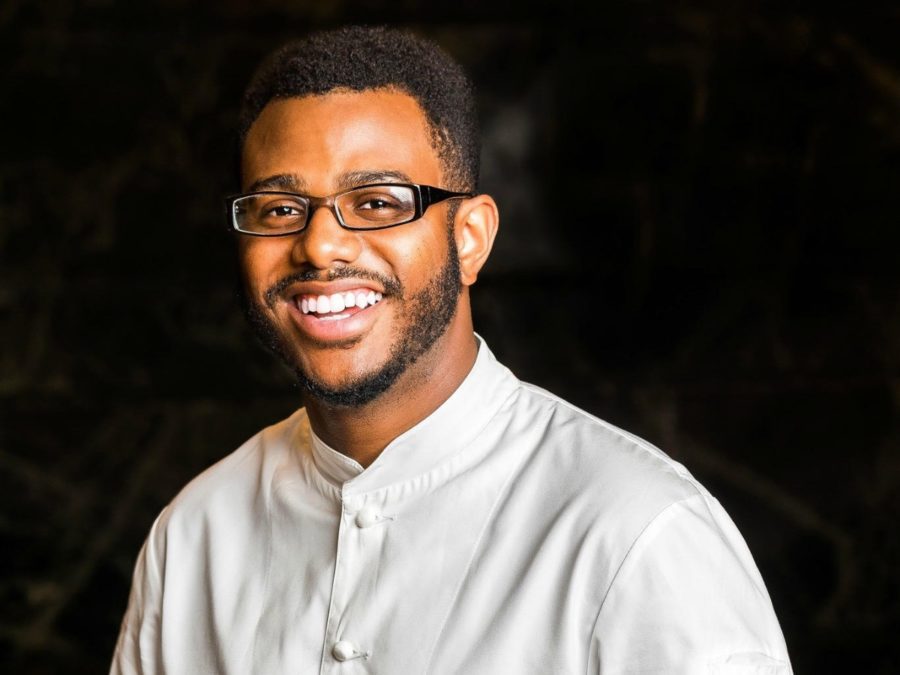
Kwame Onwuachi on Race and Rebuilding the Restaurant Industry
How will restaurants survive the economic collapse caused by the COVID-19 pandemic? Award-winning Washington DC chef Kwame Onwuachi (formerly of...
About This Episode
How will restaurants survive the economic collapse caused by the COVID-19 pandemic? Award-winning Washington DC chef Kwame Onwuachi (formerly of Kith/Kin) talks to Billy Shore about the how the current crisis is exposing the vulnerability of the restaurant industry and the fundamental changes that must occur for independent restaurants to survive. “I would hope we don’t just go back to the same normal, that we create a new normal that really makes sure that we’re taking care of our staff and our community as well as the bottom line,” says Onwauchi. “The power is in the dollar. Where you spend your money is where publications go, what they write about,” he explains. In his memoir Notes from a Young Black Chef and a recent article in the Washington Post, Onwuachi takes on issues of race and diversity in the culinary world. “I went through a struggle in trying to find a path to the cuisine of my heritage. Investors and owners have constantly pushed me to do what they think is right, instead of what was authentic to me,” he wrote in the Post. “I try to speak my mind and speak truthfully. There are a lot of people who share similar stories and when they hear someone being vocal about it, it lets them know that they’re not alone,” he says.Resources and Mentions:

Kwame Onwuachi
Chef
Kwame Onwuachi is a Nigerian-American chef based and a leading voice for Black and Brown workers in the culinary profession. He was a contestant on Top Chef in 2015 and has been recognized by Food & Wine magazine, Esquire magazine and the James Beard Foundation as one of the best chefs in America. Onwuachi began cooking on a boat serving crews cleaning up the Deepwater Horizon oil spill. He opened his own catering business and then in 2012 enrolled at The Culinary Institute of America in Hyde Park, NY. Following graduation, he worked as a line cook at Eleven Madison Avenue and opened Kith/Kin in Washington, DC. Chef Onwuachi is a founding member of the Independent Restaurant Coalition, which was formed to save the local restaurants and bars affected by COVID-19 and the subsequent economic fallout.


